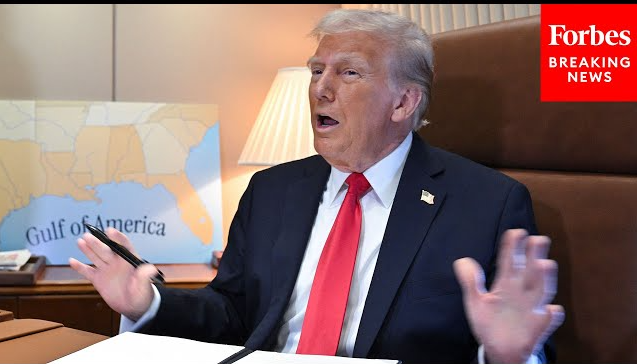In early February 2025, President Donald Trump announced the closure of the U.S. Agency for International Development (USAID), a move that has significantly impacted nations dependent on U.S. foreign aid. This decision has led to widespread disruptions in humanitarian assistance, development projects, and diplomatic relations.
President Trump’s Message to Aid-Dependent Nations
President Trump addressed nations reliant on USAID, emphasizing the need for self-sufficiency and reduced dependence on foreign assistance. He stated, “It’s time for countries to stand on their own feet and not rely on handouts.” This message underscores his administration’s stance on promoting national sovereignty and reducing the U.S. government’s financial commitments abroad.
Impact on Humanitarian Aid and Development Projects
The closure of USAID has led to the suspension of numerous programs that provided critical support to countries worldwide. In Malawi, for instance, the halt of $350 million in annual U.S. assistance has disrupted essential services, including healthcare and food distribution. The Guardian reports that this aid freeze has left Malawi “in dire straits,” with interruptions in supplies of essential medication and food, and halts in funding for HIV prevention and education.
Similarly, in Cuba, U.S.-funded media outlets have been left in limbo due to the cessation of USAID funding. Reuters notes that media organizations like CubaNet and Diario de Cuba have started seeking donations from readers to sustain their operations, highlighting the challenges faced by independent media in the region.
Political and Diplomatic Repercussions
The dismantling of USAID has raised concerns among U.S. allies and international partners. Former New York Governor George Pataki, now head of a Ukraine relief group, expressed support for Trump’s decision, criticizing USAID for being managed by “far-left” officials and alleging misallocation of funds. However, the Wall Street Journal reports that some Republican allies are alarmed by the shutdown, fearing the loss of programs critical for national security and countering China’s influence.
Legal Challenges and Administrative Actions
The abrupt closure of USAID has led to legal challenges. A federal judge recently blocked Trump’s attempt to reduce USAID’s workforce significantly, indicating potential constitutional and procedural issues with the shutdown.
Additionally, the Department of Government Efficiency (DOGE), led by Elon Musk, has been involved in the process of dismantling USAID. Musk referred to USAID as a “criminal organization” and stated that it was “beyond repair,” reflecting the administration’s critical stance toward the agency.
Conclusion
President Trump’s decision to close USAID and his message to nations dependent on U.S. foreign aid have sparked significant global discussions. While some view this as a move toward greater self-reliance for recipient countries, others express concern over the immediate humanitarian and developmental impacts. The situation remains dynamic, with ongoing legal proceedings and international reactions shaping the future of U.S. foreign assistance.
For a detailed account of President Trump’s message to nations dependent on USAID, you can watch the following video:
